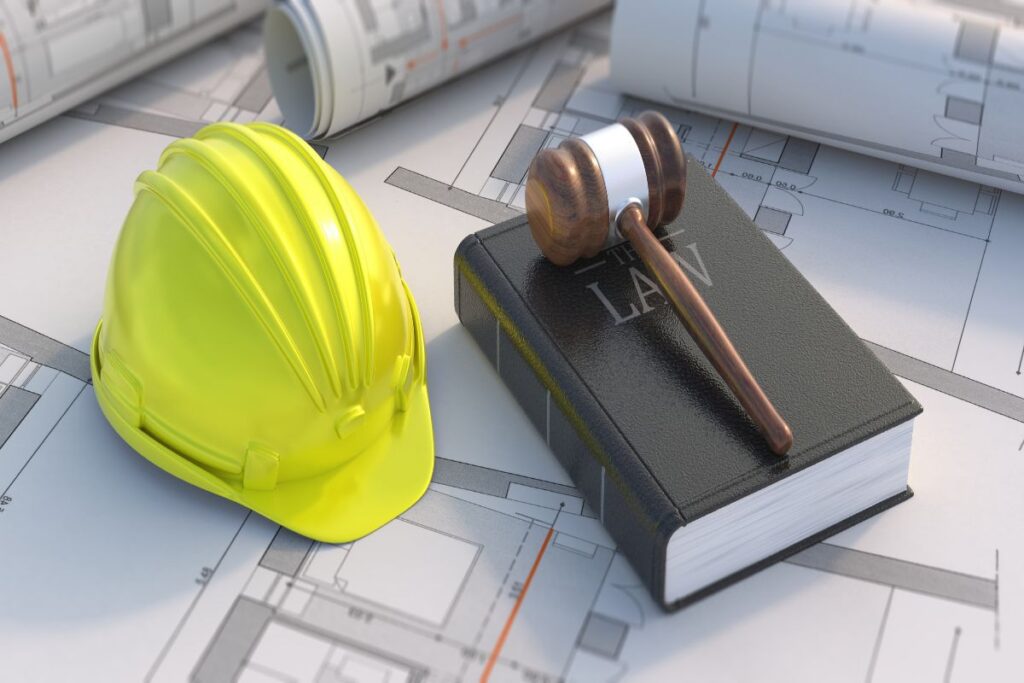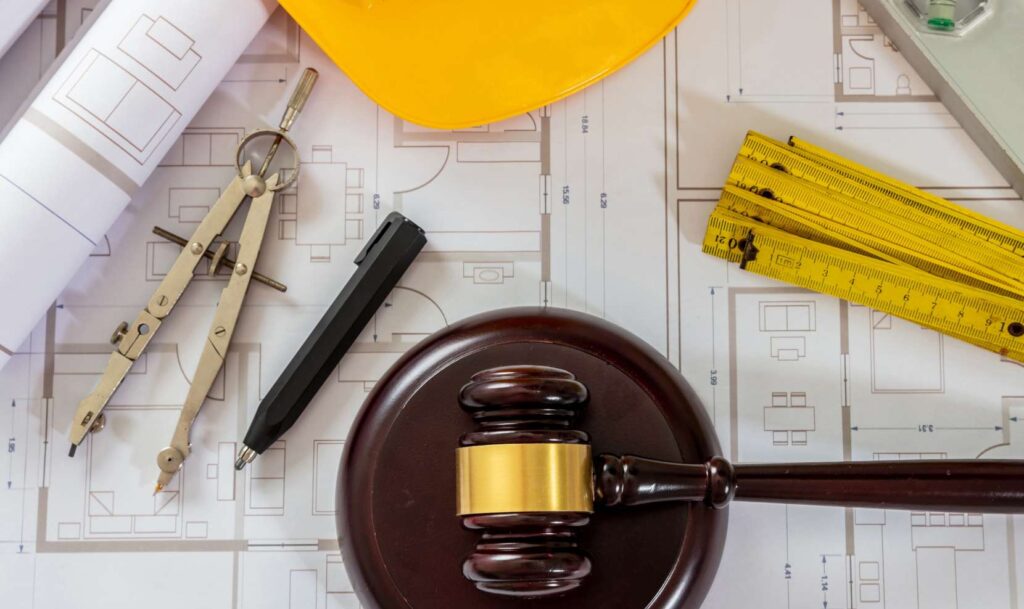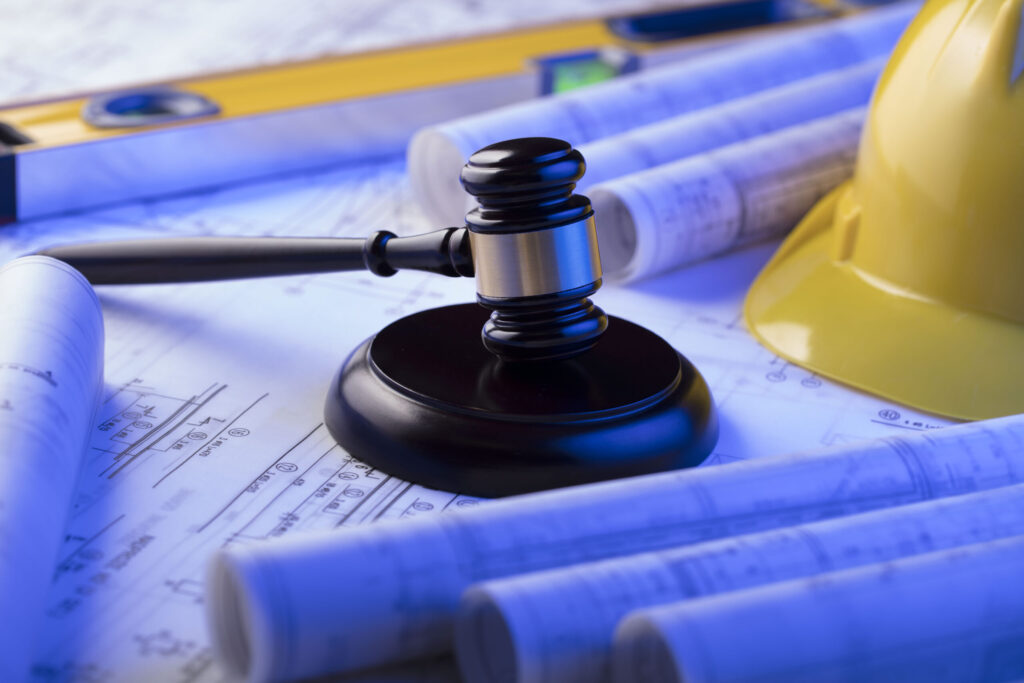Building and construction law is a vital area of legal practice that governs the relationships and responsibilities of parties involved in construction projects. For homeowners in Sydney, understanding this area of law is essential to ensure that their construction projects proceed smoothly and that their rights are protected. This article provides an overview of building and construction law, focusing on its key aspects, relevant legislation, and practical implications for homeowners.
The Importance of Building and Construction Law
Building and construction law encompasses a range of legal principles that apply to the construction of buildings and infrastructure. This area of law is crucial for homeowners as it helps to define the rights and obligations of all parties involved, including contractors, subcontractors, architects, and homeowners themselves. Understanding these legal frameworks can prevent disputes and ensure that projects are completed efficiently and to a satisfactory standard.
Protecting Homeowners’ Rights
One of the primary purposes of building and construction law is to protect the rights of homeowners. This includes ensuring that construction work is carried out in accordance with the contract terms, building codes, and safety regulations. Homeowners have the right to expect that the work will be completed on time, within budget, and to a standard that meets their expectations.
In the event of a dispute, building and construction law provides mechanisms for resolution. Homeowners can seek recourse through mediation, arbitration, or, if necessary, litigation. Understanding these rights and the processes available can empower homeowners and help them navigate potential conflicts effectively. Furthermore, homeowners are encouraged to maintain clear communication with their contractors throughout the project. Regular updates and discussions can help to preempt misunderstandings and foster a collaborative atmosphere, which is often key to a successful build.
Regulatory Framework
Building and construction law in Sydney is governed by a combination of statutory and common law. The key legislation includes the Home Building Act 1989, which outlines the rights and responsibilities of homeowners and builders, as well as the Building and Construction Industry Security of Payment Act 1999, which provides a framework for timely payments in the construction industry.
Additionally, local councils enforce planning laws and building codes that must be adhered to during construction. These regulations are designed to ensure safety, sustainability, and compliance with community standards. Homeowners must be aware of these laws to avoid potential legal issues during their construction projects. Moreover, the importance of obtaining the necessary permits cannot be overstated; failing to do so can result in hefty fines and may even require the demolition of non-compliant work. Engaging with professionals who are well-versed in local regulations can greatly assist homeowners in navigating this complex landscape, ensuring that their projects not only meet legal requirements but also align with their vision for their property.
Key Legal Concepts in Building and Construction Law
Several key legal concepts underpin building and construction law. Familiarity with these concepts can help homeowners better understand their rights and obligations, as well as the legal landscape surrounding their construction projects.
Contracts
At the heart of any construction project is the contract between the homeowner and the builder. This contract outlines the scope of work, timelines, payment schedules, and other critical details. It is essential for homeowners to ensure that their contracts are clear and comprehensive to avoid misunderstandings and disputes later on.
Common types of contracts in the building industry include fixed-price contracts, cost-plus contracts, and lump-sum contracts. Each type has its advantages and disadvantages, and homeowners should consider their specific needs and circumstances when entering into a contract.
Building Defects
Building defects refer to any faults or deficiencies in the construction work that do not meet the required standards set out in the contract or applicable laws. Homeowners have the right to seek rectification of these defects, which may include structural issues, non-compliance with building codes, or inadequate workmanship.
Under the Home Building Act, builders are typically required to provide warranties for their work, ensuring that any defects are addressed within a specified period. Homeowners should be aware of these warranties and their rights to ensure that any issues are resolved promptly.
Dispute Resolution
Disputes are an unfortunate reality in the building and construction industry. Homeowners may encounter issues related to delays, defects, or payment disputes. Building and construction law provides several avenues for resolving these disputes, including negotiation, mediation, and arbitration.
Mediation is often the preferred method for resolving disputes, as it allows both parties to discuss their concerns in a neutral setting and work towards a mutually agreeable solution. If mediation fails, arbitration may be pursued, which involves a third party making a binding decision. In some cases, litigation may be necessary, although this can be time-consuming and costly.
Common Issues Faced by Homeowners
Homeowners in Sydney may encounter various issues during their construction projects. Understanding these common challenges can help homeowners prepare and mitigate potential problems.

Delays and Cost Overruns
Delays in construction can be frustrating for homeowners, particularly when they have specific timelines in mind. Factors such as inclement weather, supply chain disruptions, or unforeseen site conditions can contribute to delays. It is essential for homeowners to maintain open communication with their builders and to include provisions in their contracts that address potential delays and cost overruns. Click here to learn about why hiring experienced Family Lawyers makes a difference in Sydney.
Cost overruns can also be a significant concern. Homeowners should ensure that their contracts include clear provisions regarding payment schedules and any potential additional costs that may arise during the project. By being proactive and informed, homeowners can better manage their budgets and expectations.
Quality of Workmanship
The quality of workmanship is a critical aspect of any construction project. Homeowners should conduct regular inspections throughout the construction process to ensure that the work meets the required standards. Engaging an independent inspector can provide an objective assessment of the quality of work and help identify any potential issues early on.
If quality issues arise, homeowners should address them with their builders promptly. The Home Building Act provides protections for homeowners regarding defective work, and builders are typically obligated to rectify any issues that fall within the warranty period.
Compliance with Regulations
Compliance with local building codes and regulations is essential for any construction project. Homeowners must ensure that their builders obtain the necessary permits and approvals before commencing work. Failure to comply with these regulations can result in fines, delays, or even the requirement to demolish non-compliant structures.
Homeowners should take the initiative to understand the relevant regulations and work closely with their builders to ensure compliance throughout the project. This proactive approach can help avoid legal complications and ensure a smoother construction process.
Engaging Legal Assistance
Given the complexities of building and construction law, homeowners may benefit from engaging legal assistance at various stages of their projects. Legal professionals with expertise in this area can provide valuable guidance and support, helping homeowners navigate contracts, disputes, and compliance issues.
When to Seek Legal Advice
Homeowners should consider seeking legal advice when entering into contracts, particularly if the project is substantial or complex. A legal professional can review the contract to ensure that it adequately protects the homeowner’s interests and complies with relevant laws.
Additionally, if disputes arise during the construction process, seeking legal advice early can help homeowners understand their rights and options for resolution. Legal professionals can assist in negotiating with builders, preparing for mediation, or pursuing litigation if necessary.
Choosing the Right Legal Professional
When selecting a legal professional, homeowners should look for someone with experience in building and construction law. It is advisable to check their credentials, reputation, and track record in handling similar cases. A good lawyer will take the time to understand the homeowner’s specific needs and provide tailored advice to navigate the complexities of building and construction law.

Conclusion
Building and construction law plays a crucial role in protecting the rights of homeowners in Sydney. By understanding the key principles, legal concepts, and potential challenges, homeowners can better navigate their construction projects and ensure that their interests are safeguarded. Engaging legal assistance when necessary can further empower homeowners, helping them achieve successful outcomes in their building endeavours.
Ultimately, knowledge is power in the realm of building and construction law. By being informed and proactive, homeowners can enjoy a smoother construction experience and protect their investments effectively.

